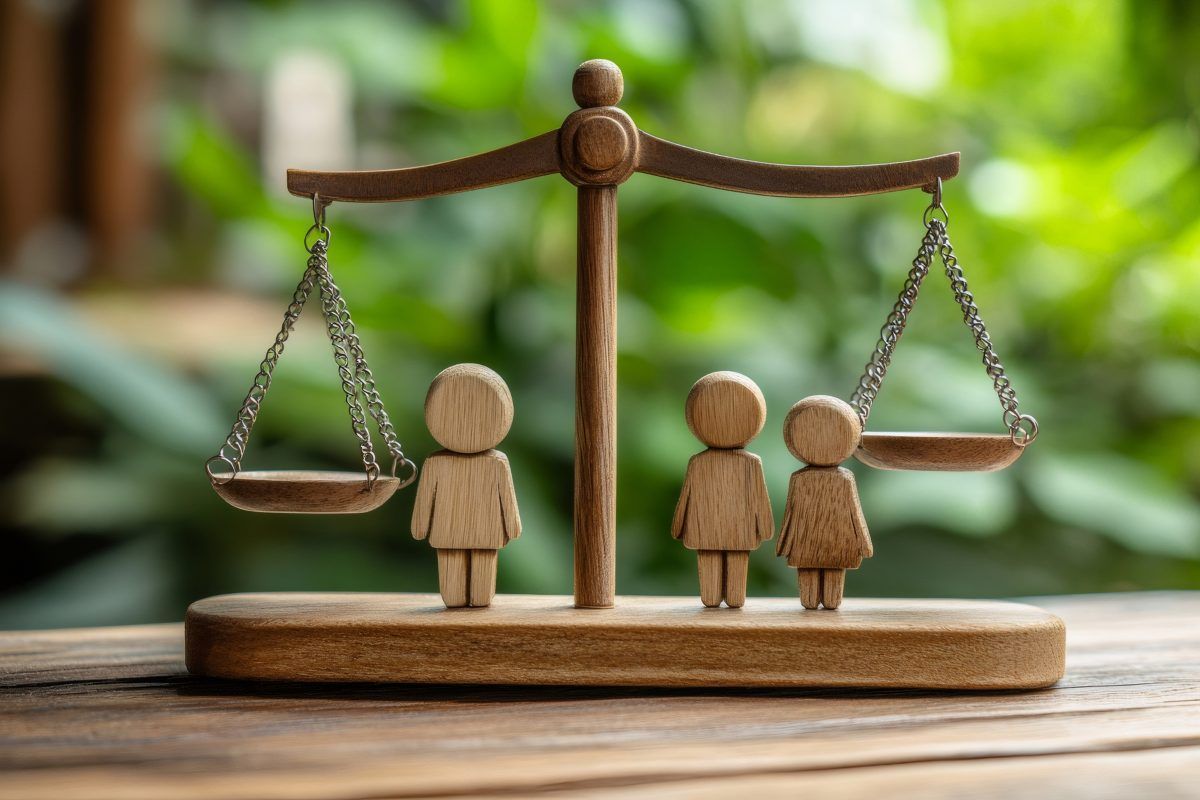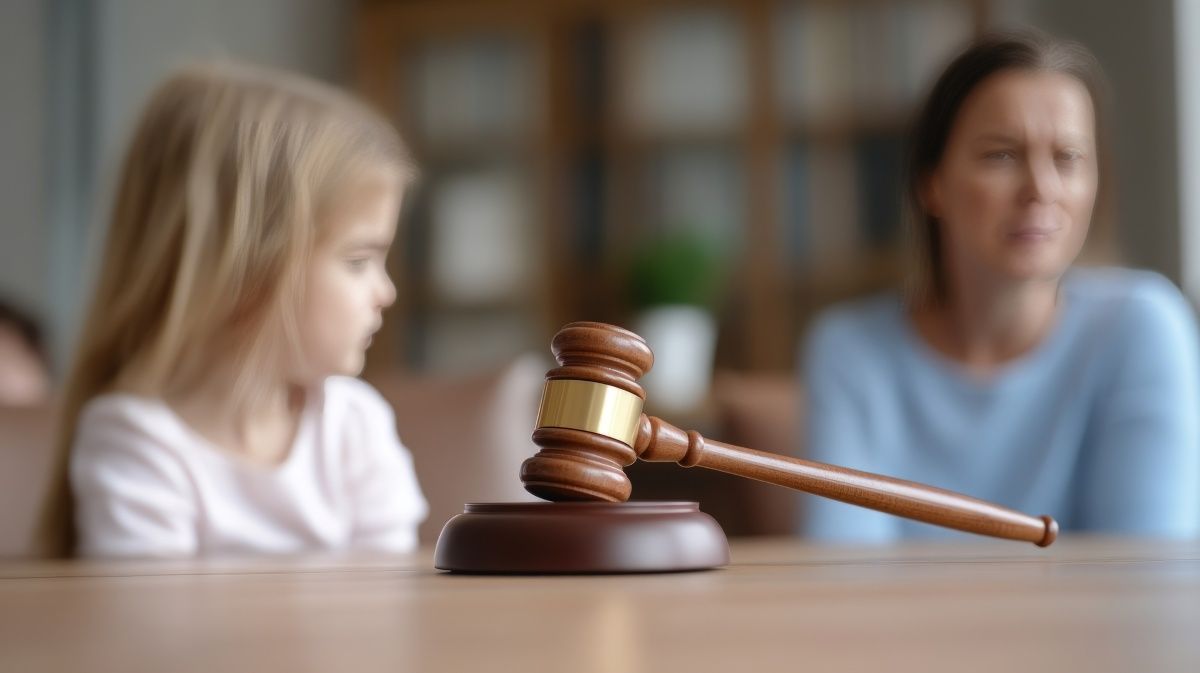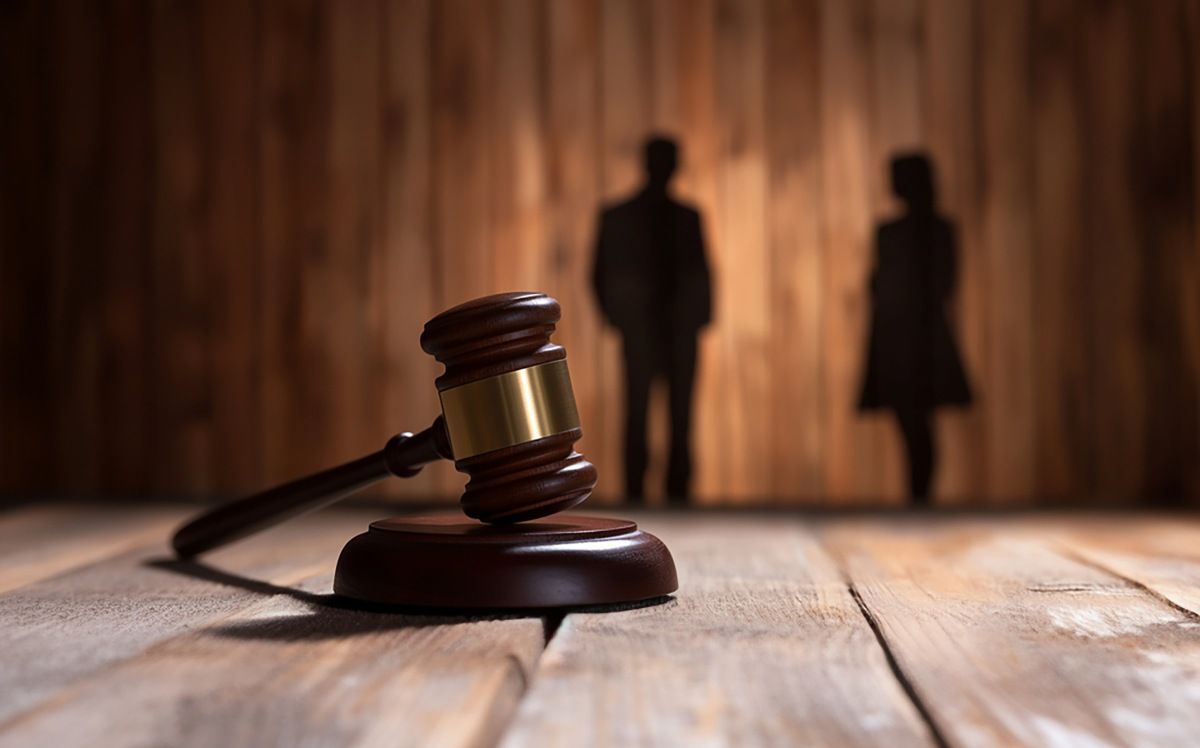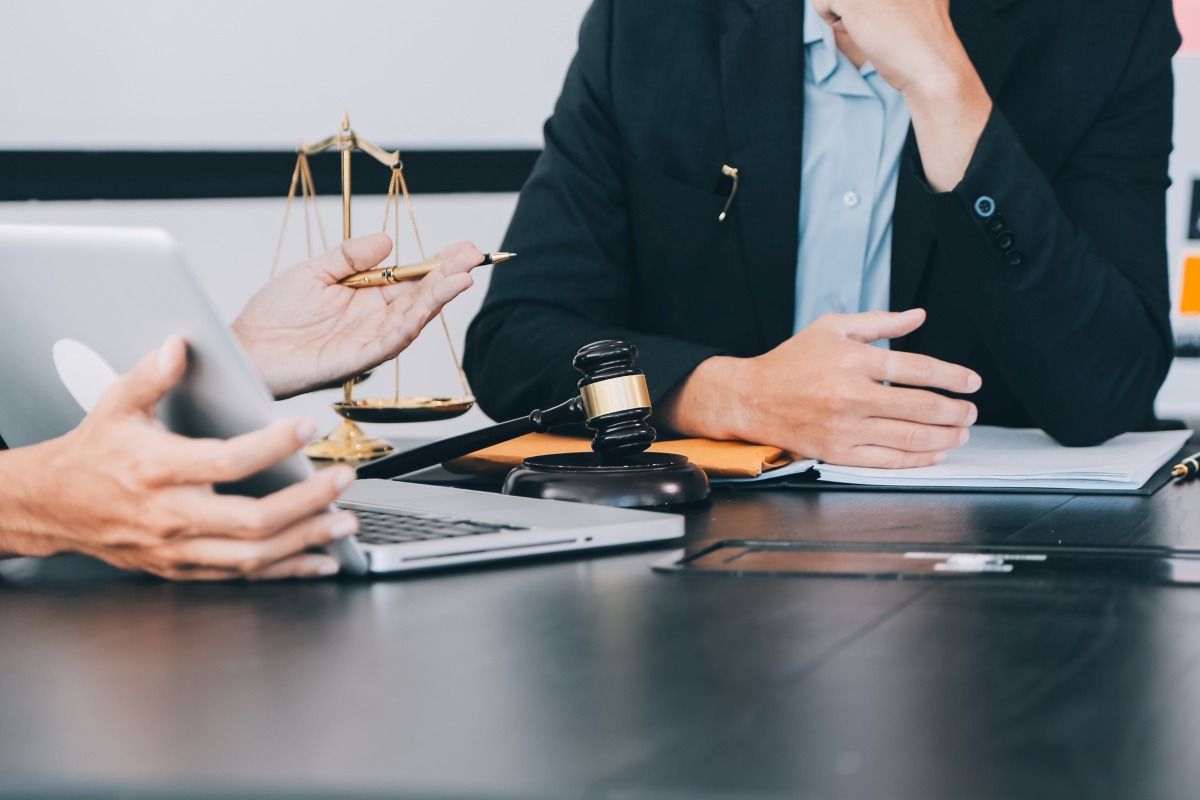Post-Separation Abuse: What Is It and How To Handle It

Separation is often viewed as the conclusion of a difficult chapter, a point at which hostility begins to ease and both parties can move towards a new normal. Unfortunately, that isn’t always the case. For many individuals, abuse doesn’t end with separation; instead, it evolves into new forms designed to maintain control, cause distress, or obstruct progress. This is known as post-separation abuse, and at Skylark Hill we see the profound impact it can have on clients trying to rebuild their lives.
Understanding Post-Separation Abuse
Post-separation abuse refers to patterns of behaviour where one partner continues to exert control after the relationship has ended. It may look different from what occurred during the relationship, but the intent is often the same: to undermine the other person’s independence and sense of safety.
Examples can include persistent harassment through messages or calls, using children as a means to criticise or manipulate, withholding financial support, or deliberately delaying legal processes. Some abusers escalate their actions when they feel their control slipping, leaving the other party dealing with ongoing fear and stress at a time when healing should be possible.
It’s important to recognise that this is not simply “bad behaviour” or poor communication; it can amount to a continuation of coercive control, which is recognised in UK law. If you’re struggling to identify whether what you’re experiencing falls under this category, our guide on recognising coercive control can help.
Why It Happens
Post-separation abuse often stems from a refusal to accept the end of the relationship, or from a belief that the other person should not be allowed to move on freely. The dynamics of control may have been present for years, and separation doesn’t necessarily dismantle them.
Some individuals use legal proceedings, such as disputes about child arrangements, as an arena to continue exerting power. Others rely on financial dominance, refusing to comply with court orders or using shared assets as leverage. In each case, the abusive behaviour is a strategy to prolong conflict and keep the other person destabilised.
The Impact on Families
The consequences of post-separation abuse are far-reaching. Emotionally, it can delay recovery from the relationship, creating cycles of anxiety, depression, or hypervigilance. For parents, the situation is even more complex: children can become caught in the middle, used as messengers or manipulated into taking sides.
Financially, the stress can be just as significant. Deliberately withheld payments, hidden assets, or unnecessary litigation drive up costs, leaving the abused party drained of both resources and resilience. Over time, this can feel like a second form of punishment, reinforcing dependency rather than allowing independence.
Legal Protections Available
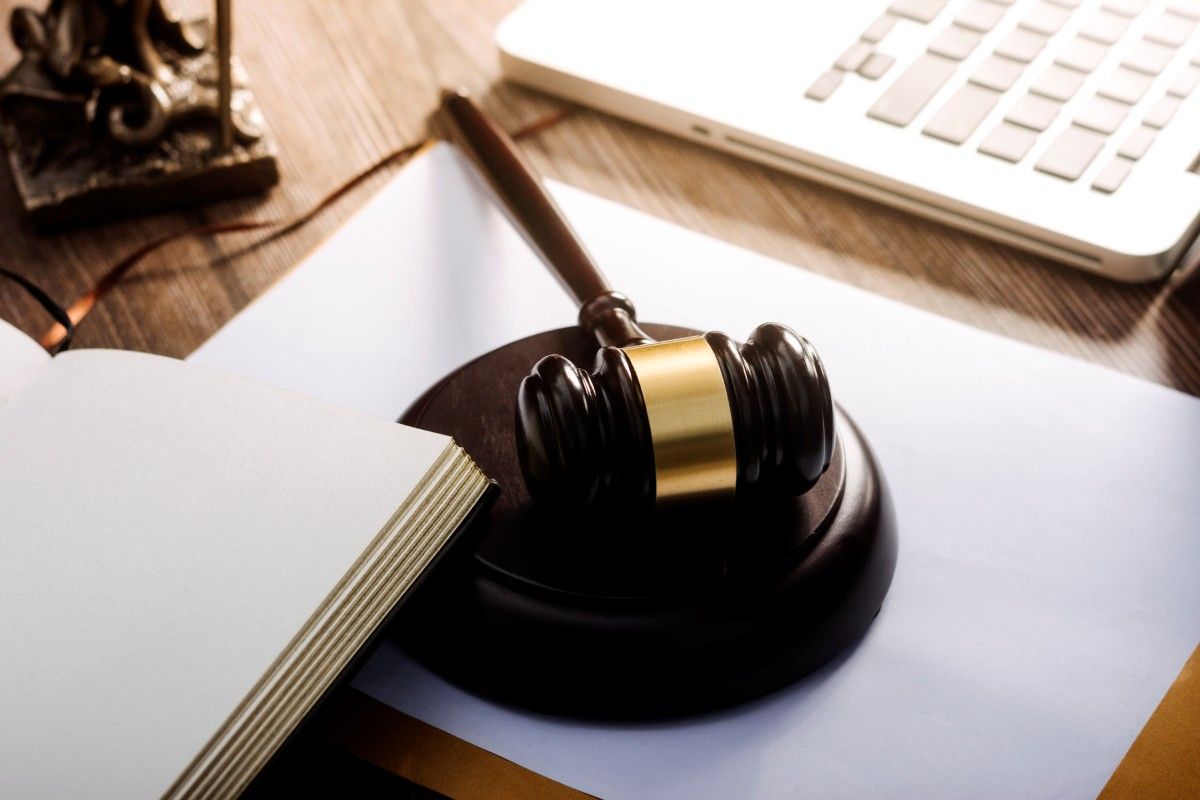
The law does provide tools to help manage post-separation abuse. Non-molestation orders, occupation orders, and child arrangement orders can create boundaries and provide enforceable protections. In cases involving finances, the courts have powers to impose sanctions on those who deliberately obstruct proceedings.
However, the process isn’t always straightforward. Proving patterns of post-separation abuse requires careful documentation, including records of communication, financial statements, and any breaches of existing orders. This is why seeking early advice is so important: the sooner evidence is gathered and presented effectively, the stronger your case becomes.
Practical Steps You Can Take
If you’re experiencing post-separation abuse, the first step is to acknowledge it for what it is. Many clients minimise their experiences, believing that conflict is “normal” after separation. Yet if the behaviour is persistent, controlling, or designed to cause harm, it deserves to be taken seriously.
Practical measures include: keeping records of all communications, avoiding direct confrontation wherever possible, and seeking support from trusted family, friends, or professionals. Technology can also help: dedicated apps now exist to record interactions between separated parents, reducing opportunities for abuse while creating a clear record for court if needed.
Above all, don’t try to manage this alone. Legal guidance, combined with emotional support, is essential to break free from cycles of control and to ensure your safety and wellbeing.
Choosing the Right Support
At Skylark Hill, we’ve worked with many individuals facing ongoing abuse after separation, and we know how exhausting it can be. Our team is experienced in handling sensitive situations with care and discretion, while ensuring that the legal strategy is robust. For those based in the capital, our trusted Mayfair divorce lawyers are available to provide dedicated advice tailored to the complexities of high-conflict cases.
No matter your circumstances, the goal is the same: to put protective measures in place, reduce opportunities for ongoing abuse, and give you the space to move forward with greater security.
Key Takeaways
Post-separation abuse is a continuation of coercive or controlling behaviour, designed to maintain power even after a relationship has ended. It can take many forms, from financial manipulation to harassment, and the impact on families is profound. Recognising the behaviour, documenting it carefully, and seeking legal and emotional support are critical steps. At Skylark Hill, we’re committed to helping clients handle these challenges with clarity, compassion, and firm legal strategies that prioritise long-term safety.
FAQs
What is the difference between conflict and post-separation abuse?
Normal disagreements after separation usually involve both parties expressing frustration or negotiating terms. Abuse, however, is deliberate, repetitive behaviour aimed at control rather than resolution.
Can post-separation abuse be reported to the police?
Yes, particularly if it involves harassment, stalking, or breaches of protective orders. Coercive control is recognised in criminal law, even after a relationship has ended.
How can I prove post-separation abuse in court?
Keeping detailed records is vital: texts, emails, financial transactions, and evidence of withheld payments all strengthen your case. Your solicitor can help structure this evidence effectively.
Does post-separation abuse always involve children?
No. While children are often used as a means of control, abuse can also occur through financial tactics, property disputes, or ongoing harassment unrelated to parenting.
Is mediation suitable in cases of post-separation abuse?
Not always. Mediation relies on a balance of power between parties; if one person is intent on control, mediation can reinforce that imbalance. A solicitor can advise whether court action is more appropriate.


